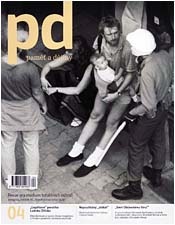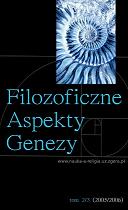
Death to the Civic Forum_With artist Viktor Karlík on the way to the underground, Magor, Revolver Revue and the times when the Civic Forum was being e
„Smrt Občanskému fóru!“ S výtvarníkem Viktorem Karlíkem o cestě do undergroundu, Magorovi, Revolver Revue a době, kdy vznikalo Občanské fórum
An interview with Viktor Karlík.
More...
